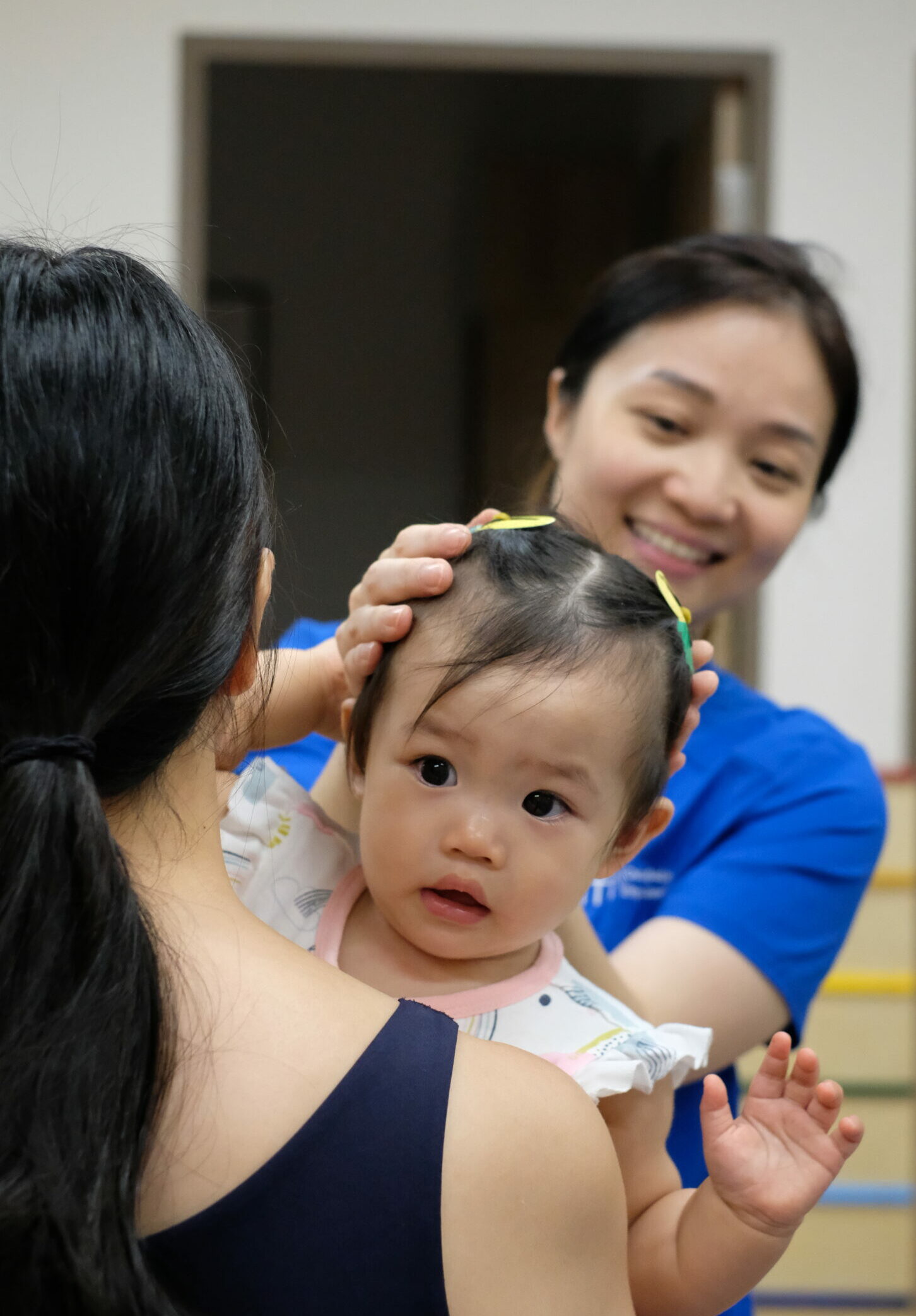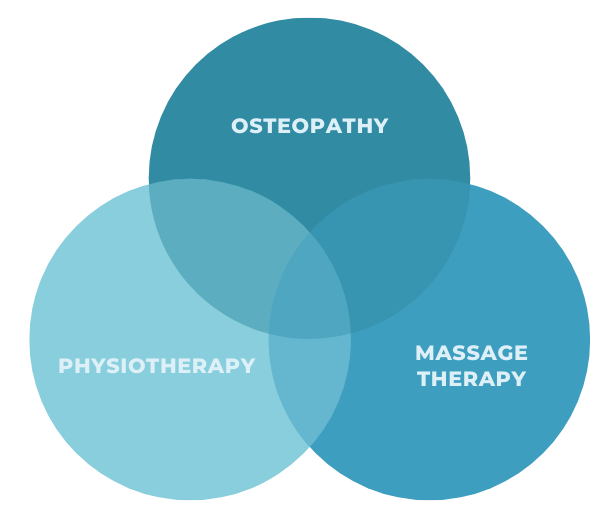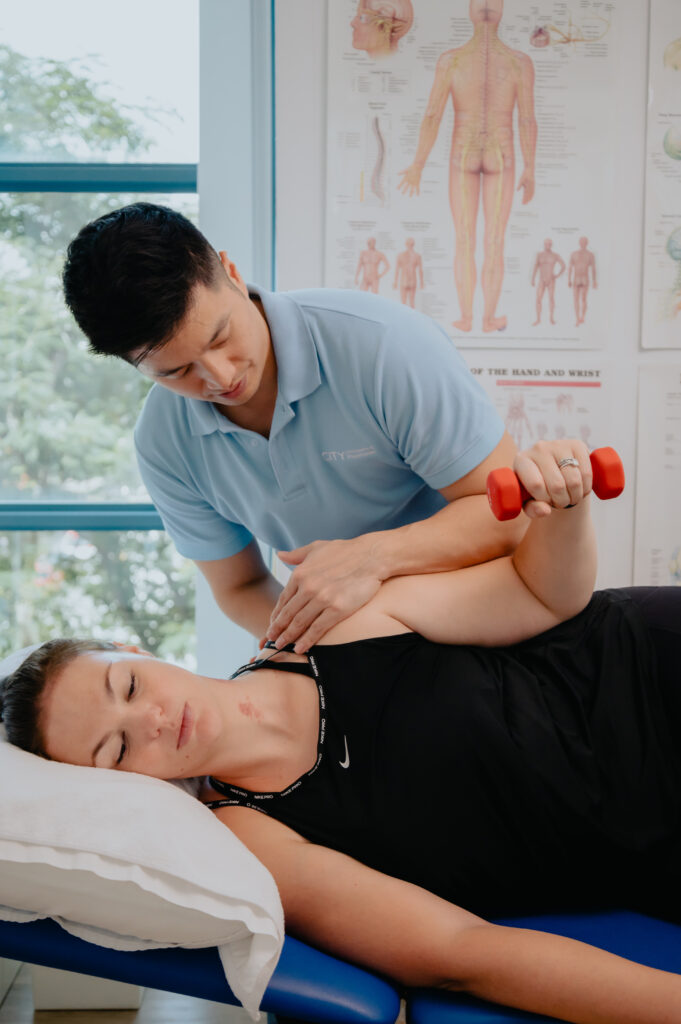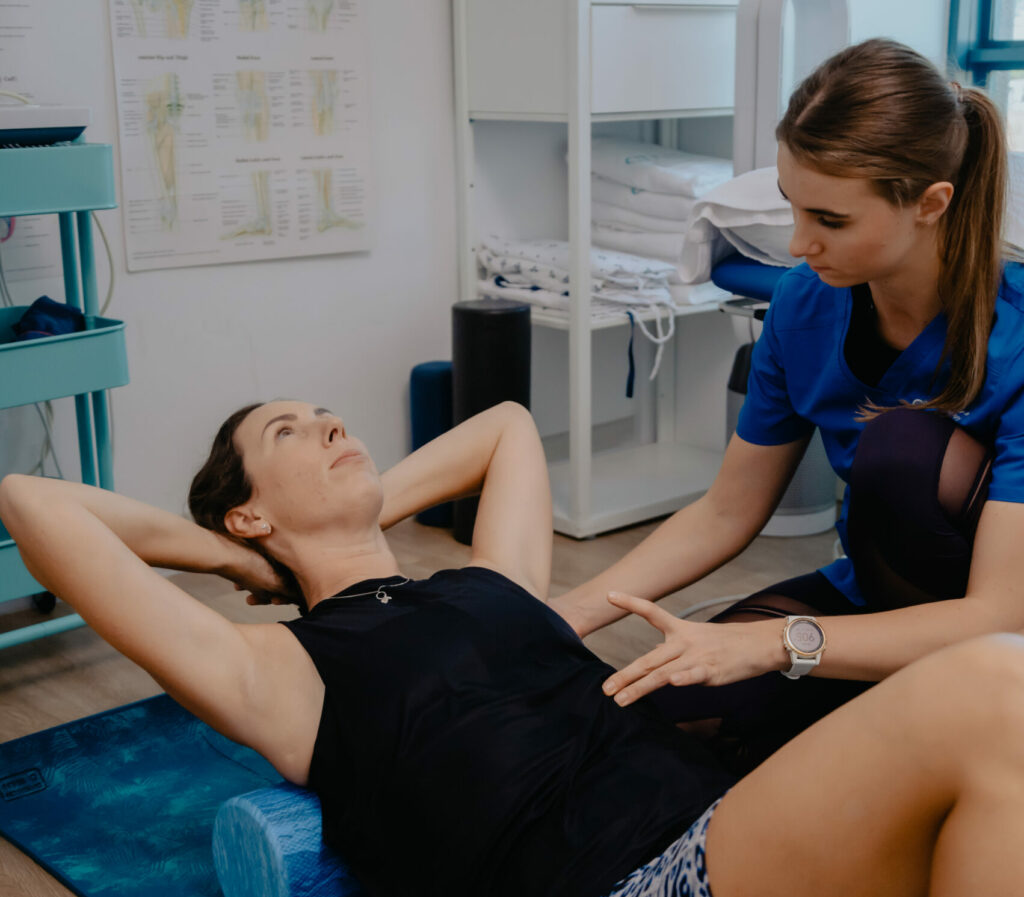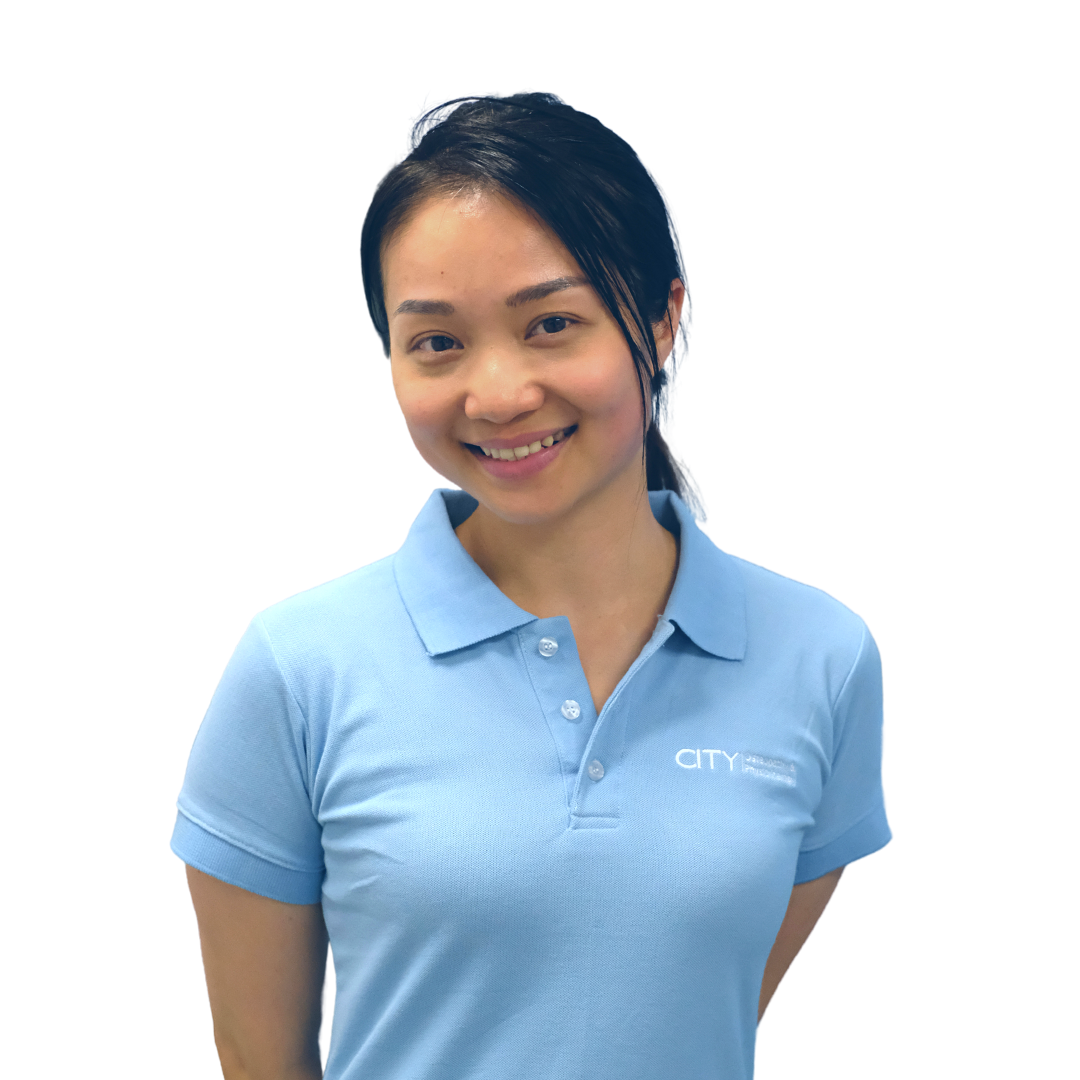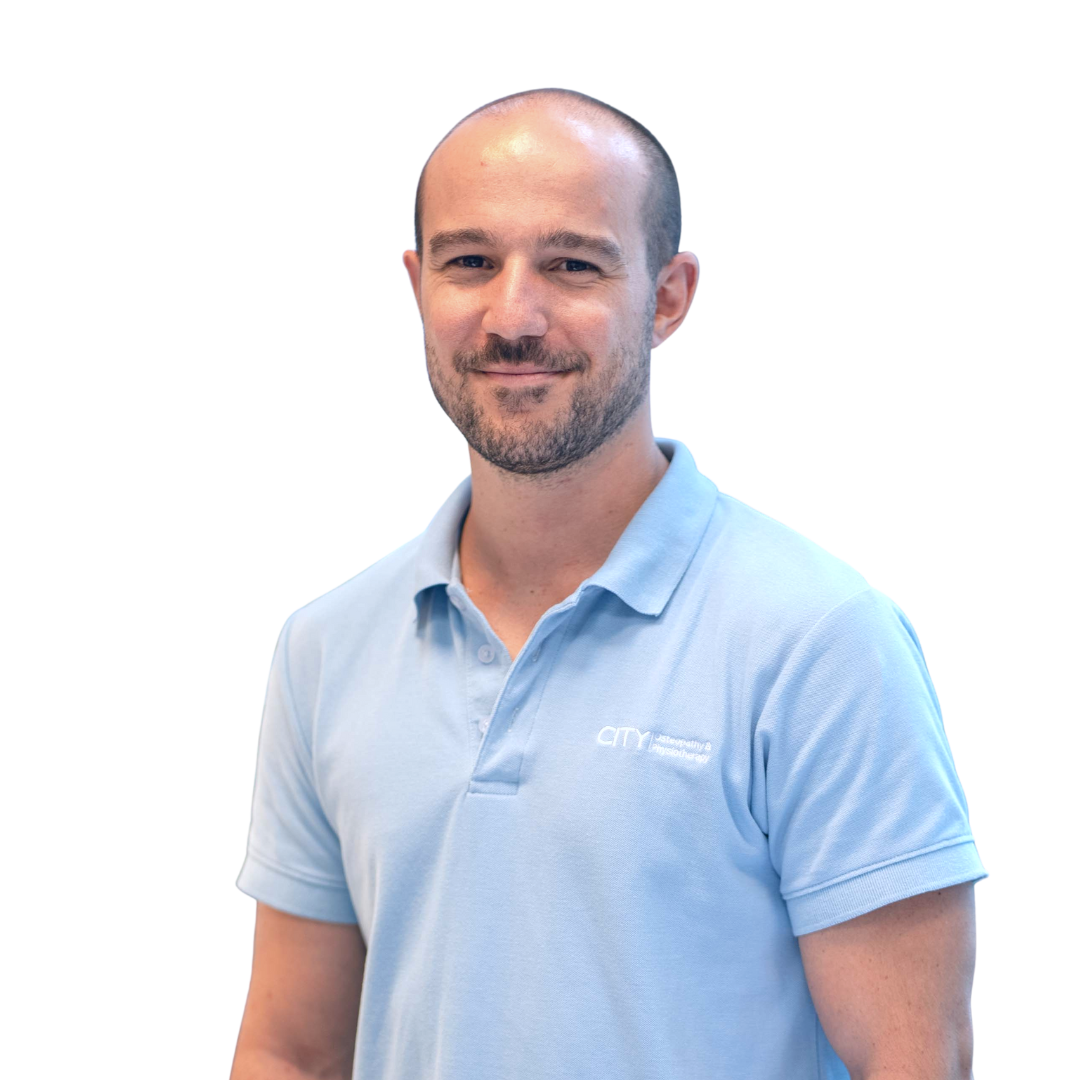With a rich 13-year background, Wan Ying has passionately dedicated her career to aiding infants and children with developmental delays and physical disabilities. She firmly advocates the potency of early intervention and efficacious therapeutic assistance for her patients – Tackling issues in their initial stages lays the groundwork for children to attain their utmost potential and embrace happy & healthy lives.
Wan Ying’s extensive proficiency spans a diverse spectrum of conditions. Her mastery shines in cases encompassing developmental delays, coordination disorders, cerebral palsy, paediatric brain and spinal cord injuries.
Furthermore, Wan Ying has adeptly assisted children contending with plagiocephaly, torticollis, and musculoskeletal variants such as flat feet, knock knees, and in-toeing.




